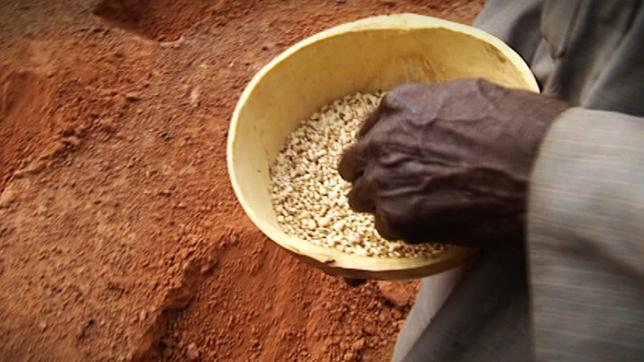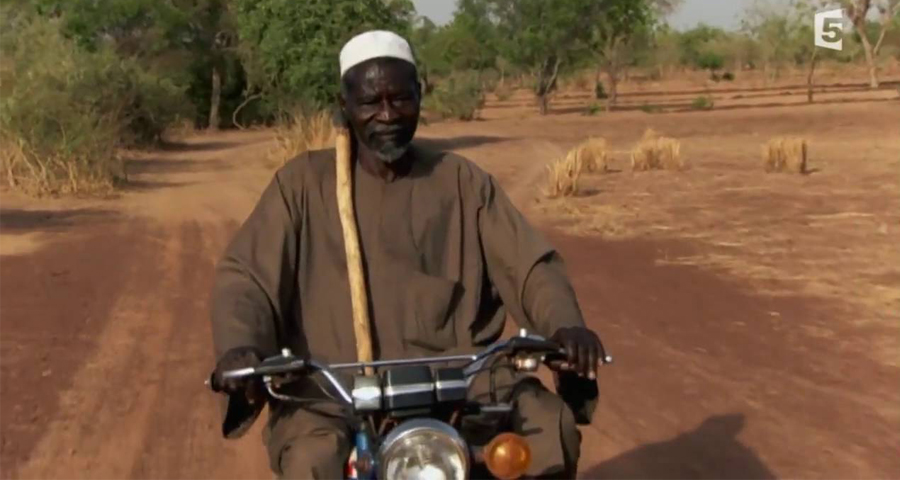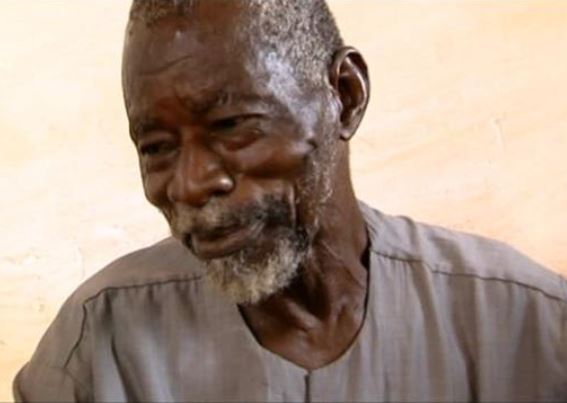Can one man stop the desert?
Yacouba Sawadogo is a farmer who lives in Burkina Faso, a country in western Africa. Yacouba managed to stop desertification in his village by planting trees. He started in about 1980 when the Sahel Belt was hit by heavy droughts. Initially, farmers in his community ridiculed him and thought he was going mad.
How did Yacouba revive the forest?
 With no access to modern tools and lack of education, he started using an ancient African farming practice technique. He was digging holes in the dust-dry earth and filled it with millet grains just like his ancesters did. Additionally Yacouba Sawadogo filled the pits with manure and other biodegradable waste, in order to provide a source of nutrients for plant life. The manure attracts termites, whose tunnels help break up the soil further. Thus Yacouba improved soil quality. Gradually, the barren land was transformed into a forest containing many plant and animal species. One by one the farmers in his community visited Yacouba to learn from his method. After embarking on such ground-breaking work in the African desert, Yacouba became famous around the world.
With no access to modern tools and lack of education, he started using an ancient African farming practice technique. He was digging holes in the dust-dry earth and filled it with millet grains just like his ancesters did. Additionally Yacouba Sawadogo filled the pits with manure and other biodegradable waste, in order to provide a source of nutrients for plant life. The manure attracts termites, whose tunnels help break up the soil further. Thus Yacouba improved soil quality. Gradually, the barren land was transformed into a forest containing many plant and animal species. One by one the farmers in his community visited Yacouba to learn from his method. After embarking on such ground-breaking work in the African desert, Yacouba became famous around the world.
Yacouba, the teacher
 “There are so many farmers from neighbouring villages that visit me for advice on good quality seeds to plant,” Sawadogo says. “I have chosen not to keep my farming methods as secrets to myself”. Even the United Nations recommend Sawadogo's method to millions of African farmers. To invest in trees will help them improve their harvest and to adapt to the climate change. Yacouba has travelled around the world to teach his method. But at home he is facing serious problems. An expansion project in the area has taken up a considerable portion of his forest. Despite the fact, that homes are already being built on his land, Yacouba stays confident. His message about the future of the planet remains profound. “If you cut down ten trees a day and fail to plant even one a year, we are headed for destruction,” he says.
“There are so many farmers from neighbouring villages that visit me for advice on good quality seeds to plant,” Sawadogo says. “I have chosen not to keep my farming methods as secrets to myself”. Even the United Nations recommend Sawadogo's method to millions of African farmers. To invest in trees will help them improve their harvest and to adapt to the climate change. Yacouba has travelled around the world to teach his method. But at home he is facing serious problems. An expansion project in the area has taken up a considerable portion of his forest. Despite the fact, that homes are already being built on his land, Yacouba stays confident. His message about the future of the planet remains profound. “If you cut down ten trees a day and fail to plant even one a year, we are headed for destruction,” he says.


